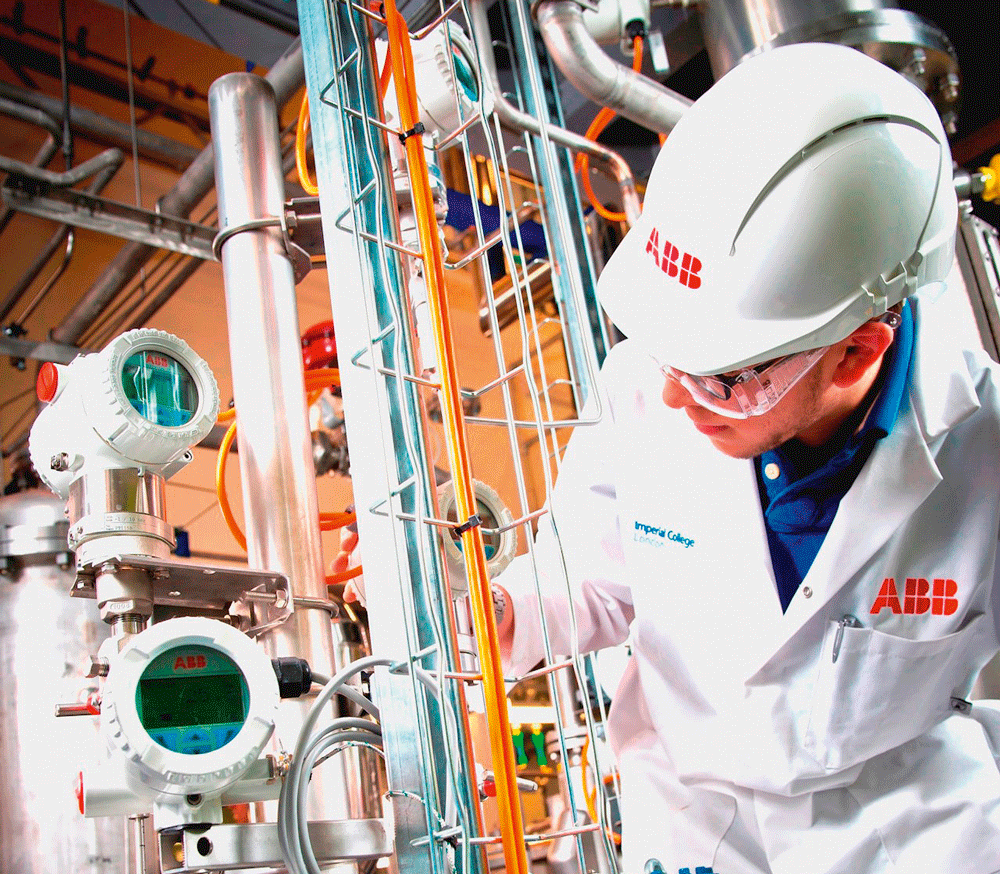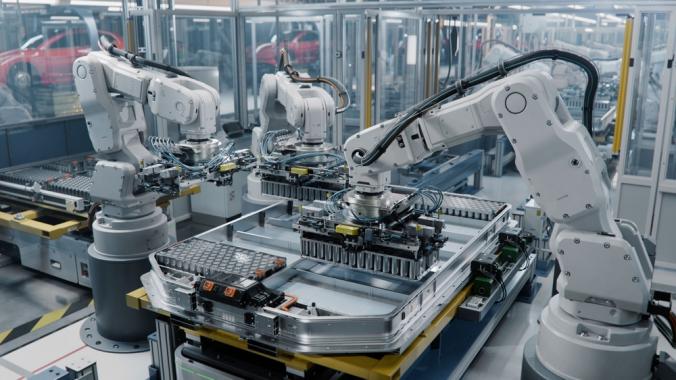ABB and Imperial College extend carbon capture collaboration to support future workforce and energy transition
ABB and Imperial College London signed a 10-year contract to continue their carbon capture technology partnership.
Following the agreement, ABB – a technology leader in electrification and automation – aims to prepare current students for future industrial processes, showcasing how advanced technology can optimize plant performance and enhance safety in real-life applications.
The collaboration with Imperial College grants the university access to cutting-edge control and instrumentation technology.
– Extending the partnership with Imperial College allows us to offer students practical training to prepare them for a career in industry, said Simon Wynne, Head of Energy Industries, ABB UK & Ireland.
The plant, which is spread over four floors, uses ABB Ability™ System 800xA® for distributed process control and over 250 instruments, measuring temperature, pressure, carbon dioxide and flow. System 800xA automatically controls and coordinates all aspects of the plant process, which is then visualized on displays in the ABB Control Room where students can monitor and intervene if necessary.
ABB’s Ability™ Verification for measurement devices and new Ability™ SmartMaster verification and condition monitoring platform are also being used to equip students with the skills needed to optimize instrument performance through predictive maintenance.
– When we started the partnership with ABB, the aim was to encourage more people to go into and stay in chemical engineering, said Dr Colin Hale, Senior Teaching Fellow at Imperial College London.
– One of the ways to do this was to set up this carbon capture plant so we could enthuse students to follow through on the environmental topics they have learnt previously. ABB shares this collective vision.
– During my time in the carbon capture pilot plant, I have actively participated in the operation of the process, gaining a deeper understanding of the development and application of the technology, said Yiheng Shao, fourth year undergraduate student at Imperial College London.
According to a report by S&P Global, carbon capture and storage (CCS) can help decarbonize industry, reduce emissions and reach net zero, while the Global CCS Institute said in 2022 there was a 44 percent increase in the number of CCS facilities around the world compared with the previous year.
Earlier this year, the UK Government outlined its Powering Up Britain policy. This series of net-zero pledges, including £20 billion of funding to unlock private investment and jobs in CCS, aims to deliver an energy system with cleaner, more affordable energy sources.






![EMR_AMS-Asset-Monitor-banner_300x600_MW[62]OCT EMR_AMS-Asset-Monitor-banner_300x600_MW[62]OCT](/var/ezwebin_site/storage/images/media/images/emr_ams-asset-monitor-banner_300x600_mw-62-oct/79406-1-eng-GB/EMR_AMS-Asset-Monitor-banner_300x600_MW-62-OCT.png)



